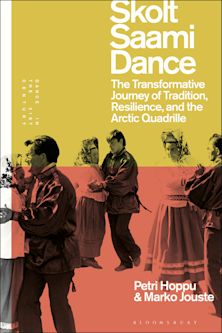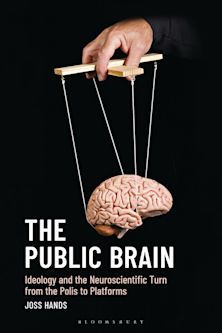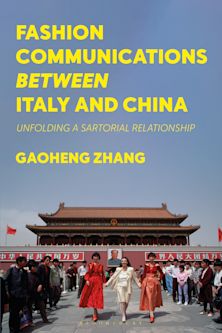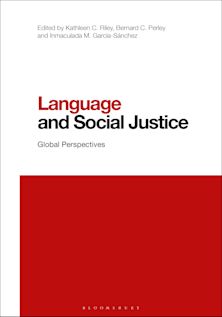- Home
- ACADEMIC
- Anthropology
- Cultural Anthropology
- Guy Debord’s Politics of Communication
Guy Debord’s Politics of Communication
Liberating Language from Power
Guy Debord’s Politics of Communication
Liberating Language from Power
You must sign in to add this item to your wishlist. Please sign in or create an account
Description
Drawing on published works as well as personal correspondences written between 1948-1994, this book conceptualizes Guy Debord's politics of communication and how it sought to undermine the hierarchical, monological language of the spectacle. Matthews traces Debord’s search for critical communication strategies that could subvert the reified “language of manufacturing” from the philosopher’s early activities in anti-aesthetic 'terrorism' (e.g., the neo-poem, metagraphics, and détournement) to advocating forms of horizontal communication between autonomous revolutionary groups or individuals using 'native' language. Matthews ultimately finds that to critique the language of the spectacle, Debord relied on the power of the negative to speak the ironic language of contradiction, of critical theory, and of the incommunicable.
Table of Contents
Chapter Two – Debord and the Letterist International (1952-1957)
Chapter Three – Debord and the Situationist International (1957-1972)
Chapter Four – Debord's Early Post-SI Period (1972-1979)
Chapter Five – Debord's Final Years/Final Thoughts (1979-1994)
Product details
| Published | Nov 02 2023 |
|---|---|
| Format | Ebook (Epub & Mobi) |
| Edition | 1st |
| Extent | 270 |
| ISBN | 9781666931655 |
| Imprint | Lexington Books |
| Publisher | Bloomsbury Publishing |
About the contributors
Reviews
-
Edward John Matthews provides us with yet another enlightening analysis, this time in a book which is addressed to the situationist Guy Debord, thereby continuing the intellectual concerns discussed in his recently published Arts and Politics of the Situationist International 1957-1972. Featuring extensive reference to what is clearly an exhaustive bibliography of Debord sources, Matthews quite literally ‘situates’ Debord as he takes the reader on what only appears to be a chronologically-based study of this key figure in both the letterist and situationist movements. The result makes it abundantly clear just how important the Situationist International’s critique of late capitalist society was for the development of European sensibilities on the matter and how central Debord’s role was in the generation of this critique
H. Thomas Wilson, York University, Toronto, Canada
-
Edward John Matthews’ Guy Debord’s Politics of Communication: Liberating Language from Power is not only a welcome follow-up to his 2021 Arts and Politics of the Situationist International 1957-1972 but also a deeply insightful and urgent reassessment of Debord’s project to unmoor language and communication from the steering forces of neoliberal capitalism. Rigorously researched, historically rooted, and lucidly written, this book reminds readers that the ongoing struggle against the vague and inane in contemporary communications continues to demand as a counterforce the formation of autonomous, dialogical subjectivities who seek to emancipate poetry from poesis and redirect its potency towards political poiesis.
Andrew C. Wenaus, University of Western Ontario

ONLINE RESOURCES
Bloomsbury Collections
This book is available on Bloomsbury Collections where your library has access.



































